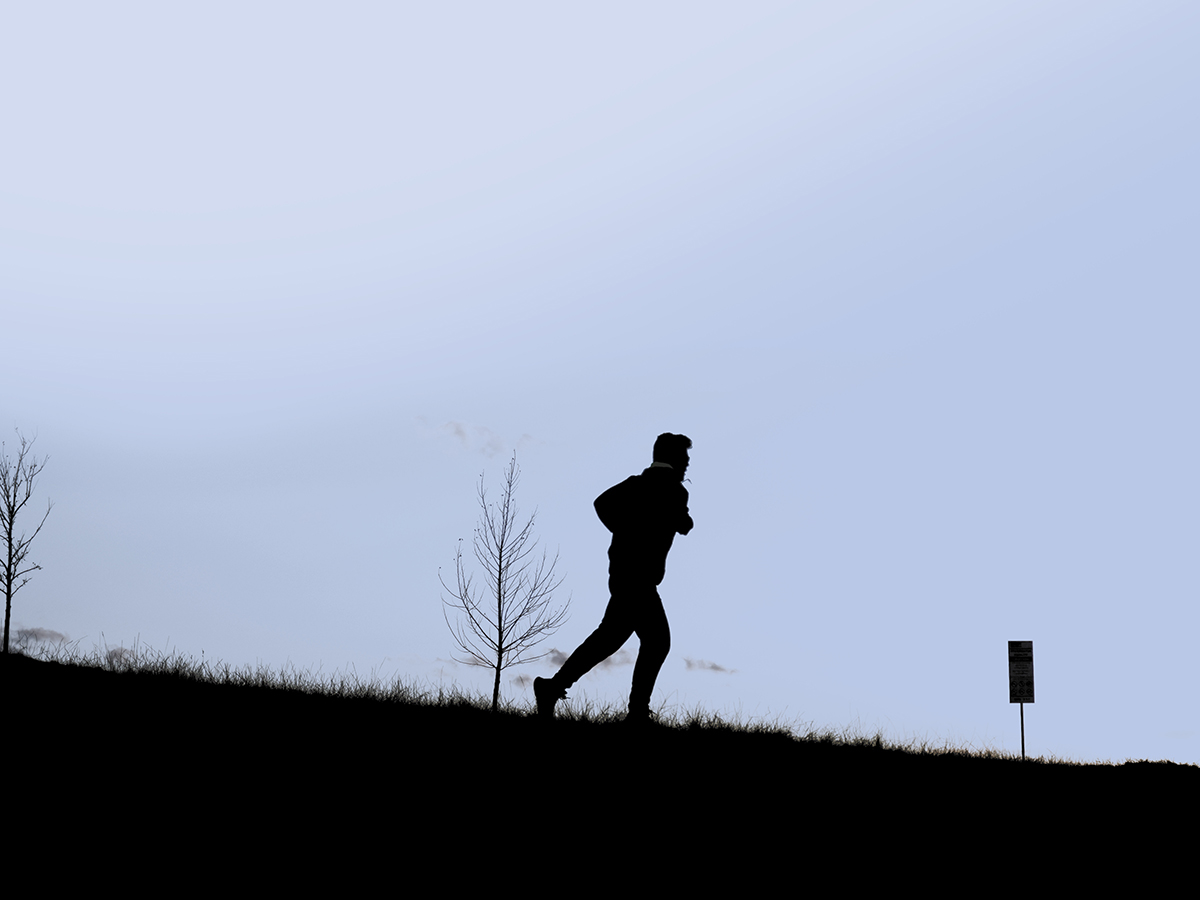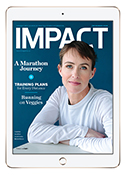While COVID has caused many disruptions to many of us, I am grateful it gave me the opportunity to make running a regular fixture of my life. While I have been running since I was a kid, it wasn’t until my PhD in cognitive neuroscience that I appreciated exactly how beneficial running was for my brain.
To understand how something works, it’s often useful to think about where it came from. That is certainly true for our bodies, as I often find insight from an evolutionary perspective. Thousands of years ago on the African Savannah, the thing that separated us from the rest of the animal kingdom was our ability to run for long periods of time.
Our species practiced “endurance hunting,” where we literally chased prey until they died of exhaustion. Our body has several physical and psychological adaptations for running marathons, as a homage to this ancient practice. Just think, before we were uniquely smart, we were uniquely too stubborn to stop running.
As I write this, sitting on a cushy chair indoors with AC, drinking tea made with electrically boiled water, I am not lost on the irony that our lives look nothing like our distant ancestors. But that is precisely my point. Evolution operates extremely slowly, so despite our modern environment, our bodies in many ways are still designed for chasing down gazelles on the African Savannah.
This means that to the extent our lives don’t resemble our African ancestors, we are figurative fish out of water, living outside of our evolutionary context. In many ways, this is good, as our species’ starvation and death rates are at some of the lowest in history. On the flip side, this has consequences for our bodies, and our brain is no exception.
It almost doesn’t matter what the disorder is, regular aerobic physical activity seems to improve it. A 2008 comprehensive study out of Europe found that overall mortality risk decreases by 20 – 50 per cent if people regularly worked out. The same is true of mental health conditions like anxiety, depression, and ADHD. Physical activity even seems to slow the aging of our brain, helping us stay resilient to dementia. By regularly running, our body returns to its ancestral roots and promotes ideal functioning.
I am not saying that running must be a part of every health plan, but optimal wellness might not be achieved without it. So, what is it about running that makes it so beneficial for us? Here is my theory. Going back to our African ancestors, after every endurance hunt there was a lesson to be learned about the chase.
This learning occurs at a cellular level in our brain, as it literally re-wires itself in response to recent experiences. Over the millennium, this process of neuroplasticity happened so frequently after we ran, that it became an evolutionary adaptation and now physical activity is an excellent way to boost neuroplasticity. Running can increase oxygen flow to the brain and promote the release of neuroplasticity growth factors, giving our brain all the supplies it needs to become more adaptable.
If this biological boost in our capacity for behaviour change is paired with positive learning experiences, such as the success and accomplishment one feels after a challenging run, the stage is set for healing the brain from physical injury, mitigating the effects of stress, and undoing some of the impact of psychological trauma.
While some of the details of this theory are still unanswered, the evidence strongly suggests that returning our bodies back to their evolutionary context by regularly running is deeply therapeutic for our brains.
Read this story in the digital edition of IMPACT Magazine.
IMPACT Magazine’s 2021 Running Issue
Looking for running inspiration? Training for a race? We have first-rate training programs designed by some of the best running coaches for your next 10K, Half-Marathon, Marathon and 70.3 distances, plus an epic Road Running Shoe Review to help you get started on the right foot. Plus – our annual RACE SOURCE GUIDE features hundreds of races that you can participate in from virtual to in-person.

















